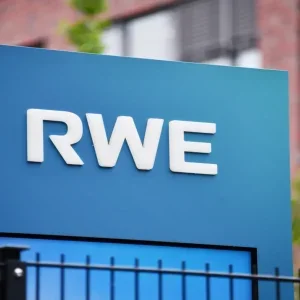
The plant, known as the Sierra BioFuels Plant (Sierra) is considered to be the country’s first commercial-scale plant that can convert municipal solid waste feedstock, household garbage into a low-carbon, renewable transportation fuel product.
Located in the Tahoe-Reno Industrial Center, about 20 miles east of Reno, Sierra plant will use Fulcrum’s thermochemical process to convert household garbage into low-carbon transportation fuels.
Fulcrum president and CEO Jim Macias at the groundbreaking event said: “Launching the final construction phase of Sierra is another milestone for Fulcrum, our partners, Northern Nevada and the low-carbon fuels industry.
“We’ve spent ten years developing, designing, testing, improving and demonstrating this new process so that it is now ready for commercial deployment. By converting waste into low-carbon transportation fuel, Fulcrum provides a real solution to the aviation industry’s commitment to reduce carbon emissions.”
As per Fulcrum, its process has several social and environmental benefits such as life extension of landfills and reduced harmful greenhouse gas emissions. Compared to the use of traditional petroleum transportation fuel, Fulcrum’s process is claimed to reduce greenhouse gas emissions by more than 80%.
The plant is expected to begin commercial operations in the first quarter of 2020, when Sierra will be able to convert about 175,000 tons of household garbage into more than 10.5 million gallons of fuel annually.
With the plant, Fulcrum expects to create 500 jobs during the construction phase and 120 permanent jobs at the plant.
Macias added: “We appreciate the strong support that we have received over the years from the State of Nevada, including Governor Brian Sandoval’s office and Storey County.
“Nevada’s commitment to clean energy is clearly evident, providing significant environmental and economic benefits for the state and leading the way to a clean and sustainable future for our country.”
In the future, with several more projects under development, the company expects to deliver more than 300 million gallons of jet fuel annually.






